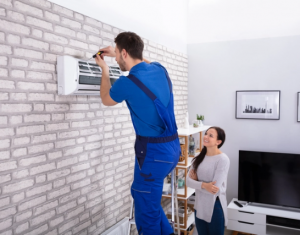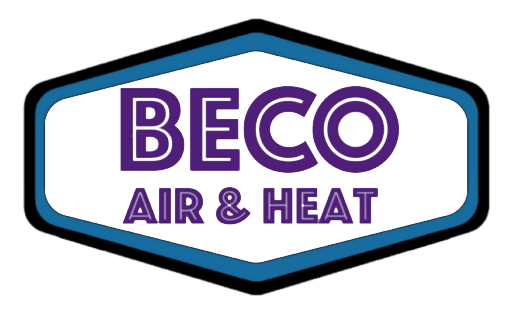
The thermostat is set at 68 degrees Fahrenheit and it feels like 80, the outdoor unit is louder than ever, the utility bills continue to go up – these are the more obvious signs that an HVAC system should be replaced. Yet there’s another indicator just as important, but invisible to the naked eye: indoor air quality (IAQ). In a recent article from ACH&R News, “Making the Case for Healthier Homes,” contributing editor Kimberly Schwartz brings to light this sightless aspect of a cooling and heating system that is often overlooked by homeowners.
According to the Environmental Protection Agency, the air within our homes can be 100 times more polluted than outdoor pollutant levels. If not properly addressed, contaminated air can have profound effects on overall health and comfort. Eye, nose and throat irritation, headaches, dizziness and fatigue are some of the more obvious signs of poor IAQ. Over time, this exposure can lead to more serious health concerns such as asthma, respiratory and cardiovascular disease, and even cancer. So how can homeowners breathe the cleanest air possible? Here’s what you can tell them:
- Get rid of the source: Look around the home for what may be causing the problem, and remove it. Beco Air and Heat offers an IAQ home monitoring system that measures and transmits data for a week, focusing on six areas of air quality (temperature, humidity, carbon monoxide, carbon dioxide, particulates and volatile organic compounds). We can then generate comprehensive reports, diagnose the IAQ issues and provide solutions to the homeowner.
- Air filtration: Cooling and heating systems with robust air filtration technologies are key in capturing the tiniest airborne particles that would otherwise end up in the lungs and cause health problems. For example, our systems feature multi-stage allergen filtration that removes allergens, viruses and bacteria from the air. Easily accessible filters absorb odors and trap dust, dander and other suspended particulates.
- Ventilation: The growing trend of tighter building envelopes and more energy-efficient building codes makes ventilation more of a focus. Tighter homes don’t allow for enough outdoor air to be brought in to dilute contaminants or carry them out of the home. Ventilation systems are essential in exchanging stale indoor air for fresh outdoor air at the same air movement rates.
Once homeowners are aware of IAQ and its consequences to their health and comfort, they’ll be motivated to take action. And when they do, let’s be there to ensure that the air they’re breathing is the cleanest possible.
For a free in-home evaluation contact us today!


